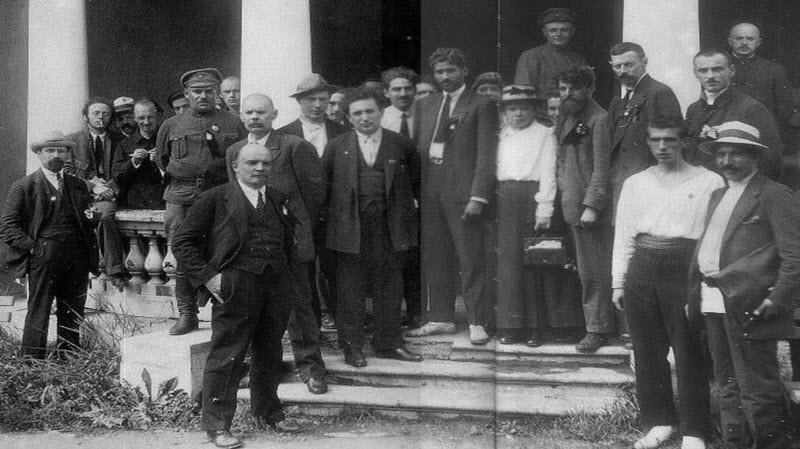What We're Reading This Week

Chris Szabla, University of Hong Kong
Philip Oltermann, "Red poets’ society: the secret history of the Stasi’s book club for spies," The Guardian
In this extract from a forthcoming book, Oltermann uses oral and archival history to examine the strange phenomenon of why one of the world's most notorious spy agencies and secret police developed an official avant-garde poetry group. Demonstrating how the circle simultaneously served as a surveillance mechanism and how poetry allowed even hardened agents to think beyond the confines of the East German system, the narrative offers suggestions about how even officially-fostered art in authoritarian societies may yet be abstruse and independent.
Serhii Plokhy, "The empire returns: Russia, Ukraine and the long shadow of the Soviet Union," Financial Times
With constant suggestions that a renewed offensive war against Ukraine may be at hand to bring it back into the fold of Russia's sphere of influence, Harvard history professor Serhii Plokhy reviews the entangled history of the two countries from the end of the Russian Empire to the present. The essay is especially interesting as a reminder of Soviet and post-Soviet attempts to keep the sphere intact like the Commonwealth of Independent States, which failed to live up to the confederative model that Russian leaders had in mind.
Pavel Barša, "The 89-ers Respond to the Collapse of Their Dreams," Taxis
The growth of authoritarian tendencies in Eastern Europe has been a shock to champions of liberalism in the region, who have struggled to come to terms with this challenge to the philosophy that has reigned in the region since 1989. Reviewing recent works by Anne Applebaum, Timothy Snyder, and Ivan Krastev, Barša finds the concern of the first two with totalitarianism over ideology wanting for having obscured the rise of the region's nationalist right after the collapse of communism, while Krastev's theory that Western liberalism was a colonizing force he sees as more promising yet insufficiently materialistic.
Mahdi Chowdhury, Harvard University
Malika Sughdi, “Paper Mountains,” Hypocrite Reader
A historical and humanizing account of migration regimes in Central Asia from Russian imperial borders to the contemporary. Paper, that which is crucial to the documentary life of borders, possesses a material and affective presence in Sughdi’s essay, “as objects that can be granted or removed in the lives of the mobile” to great consequence.
Gautam Pemmaraju, “The Dragnet,” Fifty Two
A narrative history of the infamous cat-and-mouse chase that takes us through the global capitals of Calcutta, Tashkent, and New Mexico (to name a few) between the British Empire and the Indian communist and anti-colonialist, M.N. Roy.
Merve Emre, “The Seductions of “Ulysses”,” The New Yorker
Written for the centennial of Ulysses, this essay charts the persisting “seductions” of James Joyce’s modernist epic—from its use of language, to literary criticism about the novel, to themes of the body, wandering, desire—before arriving at the “soppy” thesis of the essay that love is Joyce's primary subject therein.